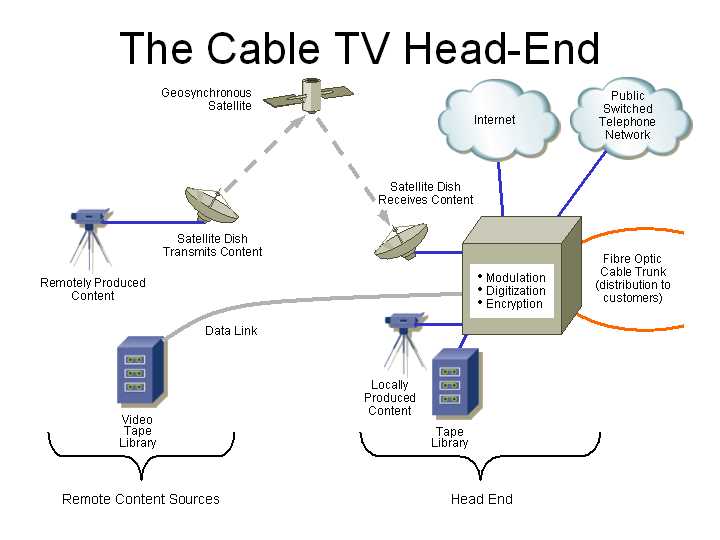
Having reliable and efficient wiring for cable TV and internet is essential in today’s digital age. With the increasing number of devices that rely on a stable internet connection and the demand for high-quality streaming services, it is crucial to have a properly wired home or office.
One of the first steps in ensuring a reliable connection is to have the right cables and connectors in place. Coaxial cables are commonly used for cable TV and internet connections. These cables have a copper core that is surrounded by layers of insulation and shielding to prevent interference. It is important to use high-quality cables to minimize signal loss and ensure a strong connection.
In addition to the cables, it is important to have the right connectors and splitters. Connectors are used to join the cables together, while splitters allow for multiple connections from a single cable. Using good quality connectors and splitters is crucial, as faulty or low-quality ones can cause signal degradation.
Wiring for Cable TV and Internet
Cable TV and internet services have become an essential part of our daily lives, providing us with entertainment, news, and connectivity. To ensure a seamless experience, it is crucial to have the proper wiring infrastructure in place. A well-designed and properly installed wiring system will not only optimize the performance of your cable TV and internet services but also enhance the overall functionality of your home or office.
When it comes to wiring for cable TV and internet, there are a few key considerations to keep in mind. First and foremost, it is essential to determine the type and number of cables required for your specific needs. The most common types of cables used for cable TV and internet are coaxial cables and Ethernet cables. Coaxial cables are typically used for cable TV connections, while Ethernet cables are used for internet connections. It is important to choose cables that are of high quality to ensure reliable and fast transmission of signals.
Coaxial cables: Coaxial cables are the standard choice for cable TV connections. They consist of a central conductor, an insulating layer, a metallic shield, and an outer cover. These cables are capable of transmitting high-frequency signals with minimal interference. To install coaxial cables, you will need connectors and tools such as cable cutters, cable strippers, and a coaxial crimping tool. It is crucial to properly terminate and ground the coaxial cables to ensure optimal signal quality.
Ethernet cables: Ethernet cables are essential for internet connections. They are commonly used in home and office networks to establish a wired connection between devices and the router. There are different categories of Ethernet cables, such as Cat5, Cat5e, and Cat6, each with varying speeds and capabilities. Cat6 cables, for example, provide higher bandwidth and more reliable performance compared to Cat5 cables. When installing Ethernet cables, it is important to avoid sharp bends and keep them away from sources of electrical interference.
In conclusion, wiring for cable TV and internet is a critical aspect of ensuring optimal performance and functionality. By carefully selecting and installing the appropriate cables, connectors, and tools, you can enjoy reliable and high-speed connectivity for all your entertainment and online needs.
Understanding the Basics of Cable TV and Internet Wiring
When it comes to setting up cable TV and internet connections in your home, understanding the basics of wiring is essential. Cable TV and internet wiring involves the installation of coaxial cables, Ethernet cables, and other necessary wiring components.
Coaxial cables are commonly used for cable TV connections. These cables consist of a central conductor surrounded by insulation, a metallic shield, and an outer layer of insulation. Coaxial cables are designed to transmit high-frequency signals, making them ideal for carrying TV signals. They are typically thicker and less flexible compared to Ethernet cables.
Ethernet cables, on the other hand, are used for internet connections. These cables are often referred to as Cat5, Cat5e, or Cat6 cables and use RJ-45 connectors. Ethernet cables have eight wires that are twisted together in pairs, allowing for faster data transmission. They are usually thinner and more flexible than coaxial cables.
When wiring for cable TV and internet, it is important to plan the routing and placement of the cables. It is common to have a central location, such as a utility room or basement, where all the cables converge. From there, the cables can be distributed to various rooms or devices in the house.
Proper cable management is also crucial for a clean and organized setup. Using cable clips, ties, and conduits can help keep the wiring neat and prevent tangling or damage. Additionally, labeling the cables can make it easier to identify and troubleshoot any potential issues in the future.
In conclusion, understanding the basics of cable TV and internet wiring is essential for setting up reliable and efficient connections in your home. Knowing the differences between coaxial cables and Ethernet cables, as well as proper cable management techniques, can help you make informed decisions and ensure a smooth installation process.
Choosing the Right Cables and Connectors
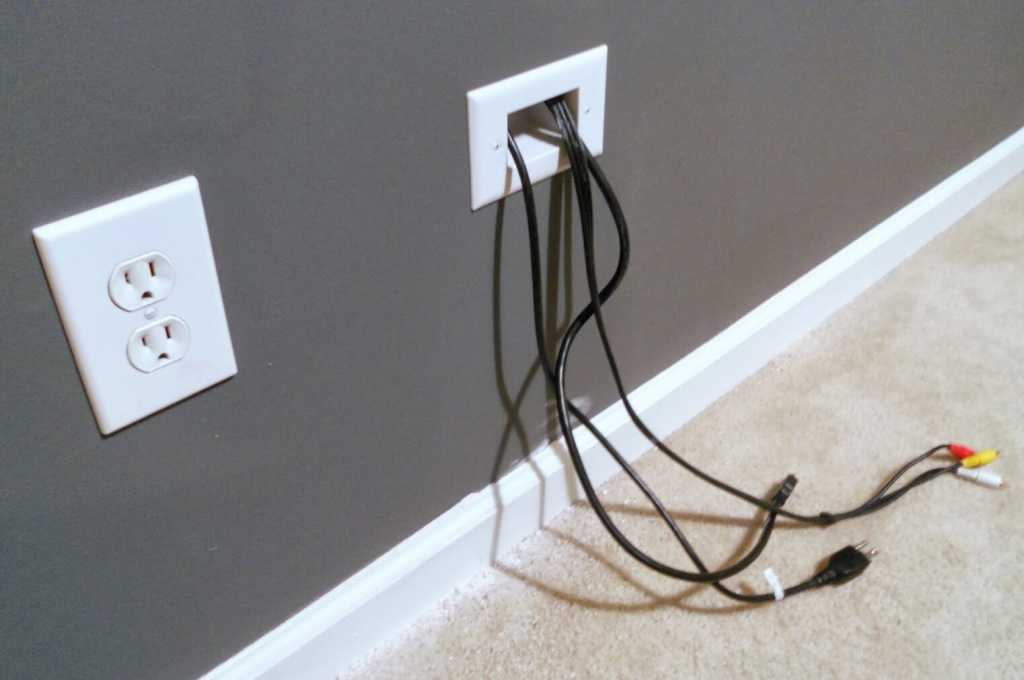
When it comes to wiring for cable TV and internet, choosing the right cables and connectors is crucial for optimal performance and signal quality. There are several factors to consider when selecting the appropriate cables and connectors for your setup.
Type of connection: The first step is to determine the type of connection you will be using. There are various types of cables and connectors available, such as coaxial cables, Ethernet cables, and fiber optic cables. Each has its own advantages and is suitable for different purposes. For example, coaxial cables are commonly used for cable TV, while Ethernet cables are ideal for high-speed internet connections.
Length and compatibility: Additionally, you need to take into account the length of the cable you require and ensure its compatibility with your devices. Longer cables may result in signal loss, so it’s important to choose the appropriate length to avoid any deterioration in quality. It’s also essential to check the compatibility of the cables and connectors with your devices to ensure a seamless connection.
Quality and specifications: When selecting cables and connectors, it’s essential to consider their quality and specifications. Look for cables and connectors that are made from high-quality materials and have excellent shielding to minimize interference. Pay attention to the specifications, such as bandwidth capacity and data transfer rates, to ensure they can handle the demands of your setup.
Brand reputation: Finally, consider the reputation of the brand when choosing cables and connectors. Opt for well-established brands that are known for their reliability and durability. Reading reviews and seeking recommendations from professionals or experienced users can also help you make an informed decision.
In conclusion, choosing the right cables and connectors for wiring your cable TV and internet setup is crucial for optimal performance. Consider the type of connection, length, compatibility, quality, and brand reputation when making your selection. By doing so, you can ensure a stable and high-quality connection for all your entertainment and online needs.
Planning Your Cable TV and Internet Wiring Layout
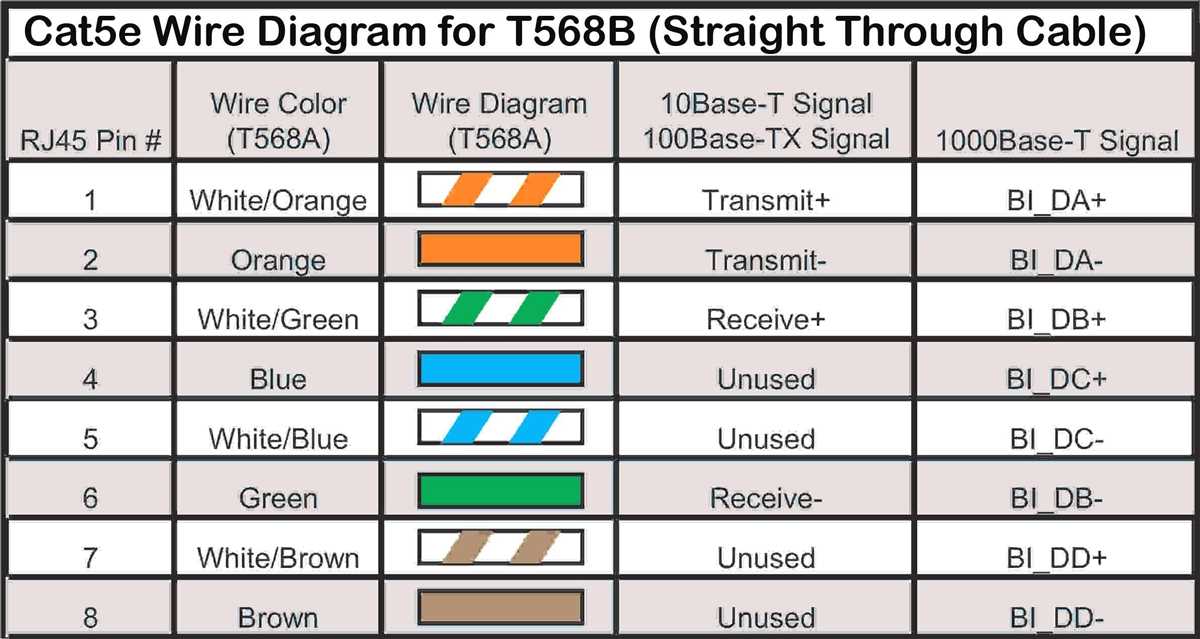
When it comes to setting up your cable TV and internet wiring, proper planning is key. Whether you’re building a new home or renovating an existing one, having a clear layout and understanding of your needs will ensure a smooth installation process.
Assess your needs: Determine the number of rooms that will require cable TV and internet access. Take into consideration any additional devices such as gaming consoles, streaming devices, and smart home systems that will require connectivity. This assessment will help you determine the number of outlets and cables needed for each room.
Design a wiring layout:
Once you have assessed your needs, it’s time to design a wiring layout for your cable TV and internet. Start by identifying a central location where all the cables will converge, such as a utility room or basement. This will serve as the main hub for your wiring.
Plan for future expansion: It’s important to plan for future expansion and potential changes in technology. Consider running additional conduits or extra cables to accommodate future needs, such as new rooms or upgraded equipment. This will save you time and effort in the long run.
- Label your cables:
- As you install your cables, make sure to label them to avoid confusion later on. This will make troubleshooting and maintenance much easier.
Consult with professionals: If you’re unsure about the wiring layout or lack experience with electrical work, it’s always a good idea to consult with professionals. They can advise you on the best practices and ensure that your wiring meets safety standards and local building codes.
In conclusion, proper planning is crucial when it comes to cable TV and internet wiring. By assessing your needs, designing a wiring layout, planning for future expansion, labeling your cables, and consulting with professionals, you can ensure a well-organized and efficient wiring system for your home.
Installing Cable TV and Internet Outlets
If you’re looking to install cable TV and internet outlets in your home, there are a few important things to consider. First and foremost, you’ll need to plan where you want to place these outlets. Consider the layout of your home and determine the rooms where you’ll need access to cable TV and internet. Once you have a plan in mind, you can start the installation process.
One option for installing cable TV and internet outlets is to hire a professional technician. They have the knowledge and expertise to handle the wiring and ensure everything is properly connected. This can save you time and effort, especially if you’re not familiar with electrical work. However, hiring a professional can be quite expensive, so if you’re looking to save money, you might consider a DIY approach.
DIY Installation
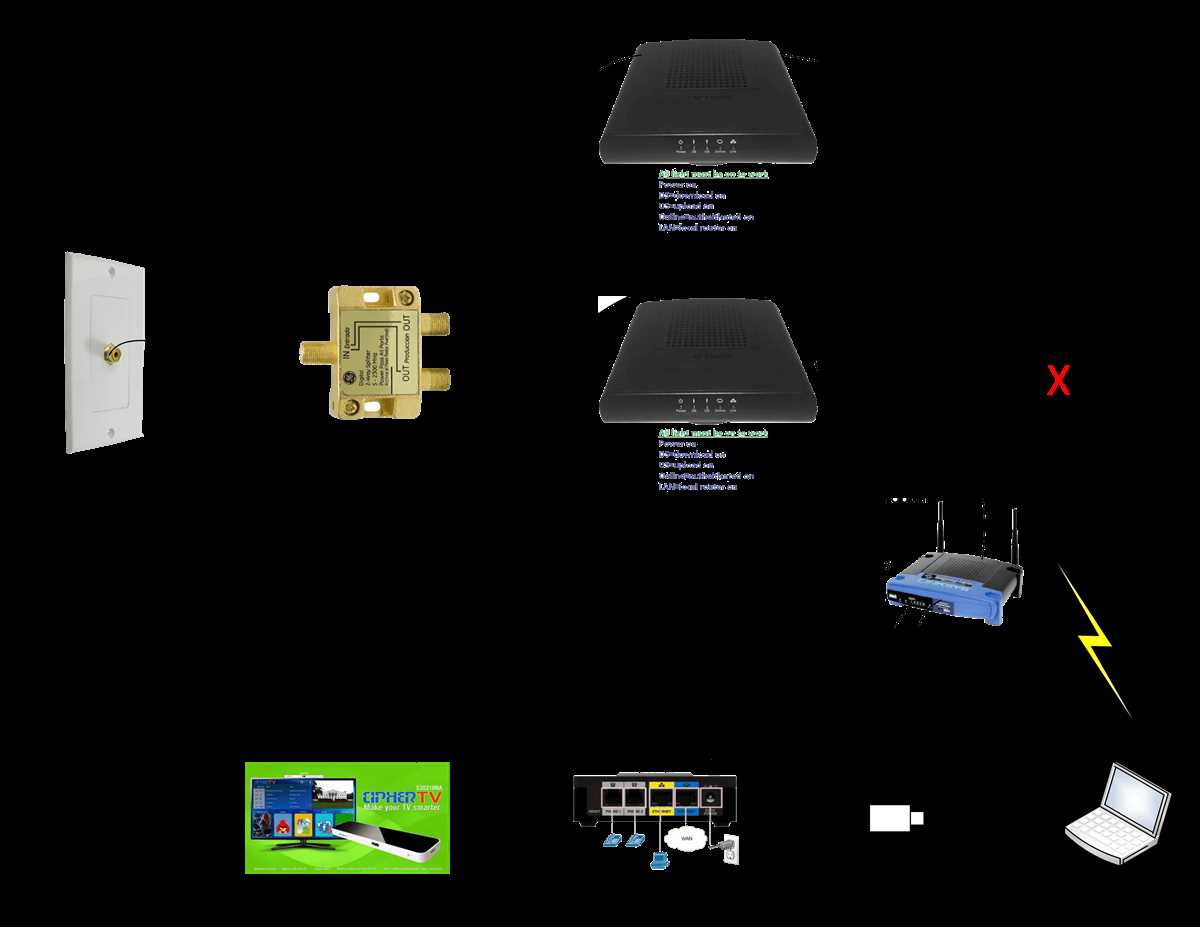
If you decide to install the cable TV and internet outlets yourself, there are a few steps you’ll need to follow. First, gather all the necessary tools and materials, including coaxial cables, cable splitters, wall plates, and connectors. Measure and mark the locations where you plan to install the outlets, making sure to leave enough space for the cables to reach the desired devices.
- Start by drilling holes in the wall where you want the outlets to be placed. Use a fish tape or a coat hanger to guide the cable through the wall.
- Attach the coaxial cables to the wall plates using the connectors. Make sure to use the appropriate connectors for your specific cable type.
- Connect the other end of the coaxial cables to the cable splitter. This will allow you to connect multiple devices to the outlet.
- Once everything is connected, test the outlets to ensure they are working properly. If you encounter any issues, double-check your connections and troubleshooting guide provided by your cable TV and internet service provider.
Remember, safety should always be a priority when working with electrical wiring. Make sure to turn off the power before making any connections and use caution when drilling into walls. If you’re unsure about any step of the installation process, it’s best to consult a professional to avoid any potential risks or damages.
Testing and Troubleshooting Your Cable TV and Internet Wiring
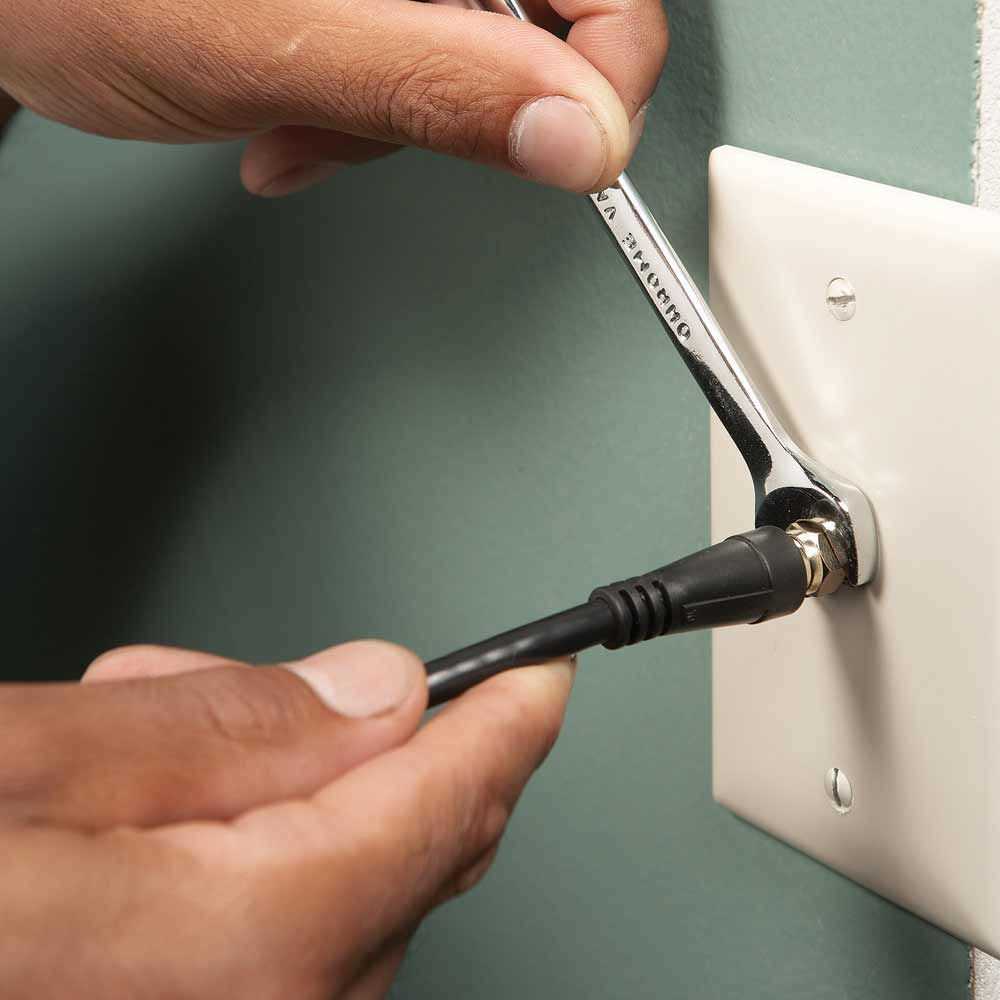
When it comes to cable TV and internet wiring, proper testing and troubleshooting can help ensure a smooth connection and uninterrupted service. Whether you’re experiencing slow internet speeds or fuzzy TV channels, identifying and fixing the problem is essential. Here are some steps you can take to test and troubleshoot your cable TV and internet wiring.
1. Check the Connections
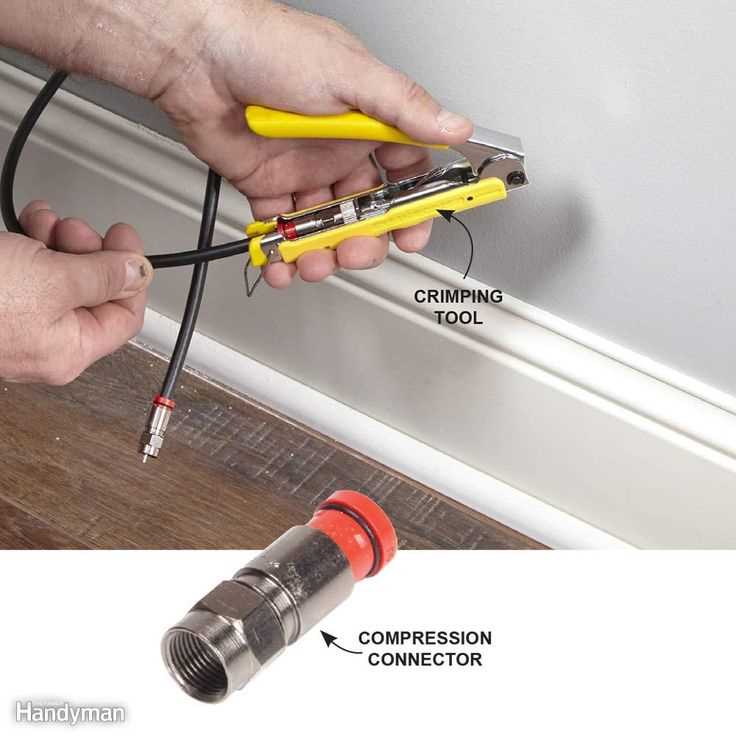
The first step in troubleshooting is to check all your cable connections. Make sure they are securely plugged in and not loose. Sometimes, a loose connection can cause signal loss or interference, leading to poor TV or internet performance. Additionally, inspect the cables themselves for any signs of damage, such as frayed wires or bent connectors.
2. Test for Signal Strength
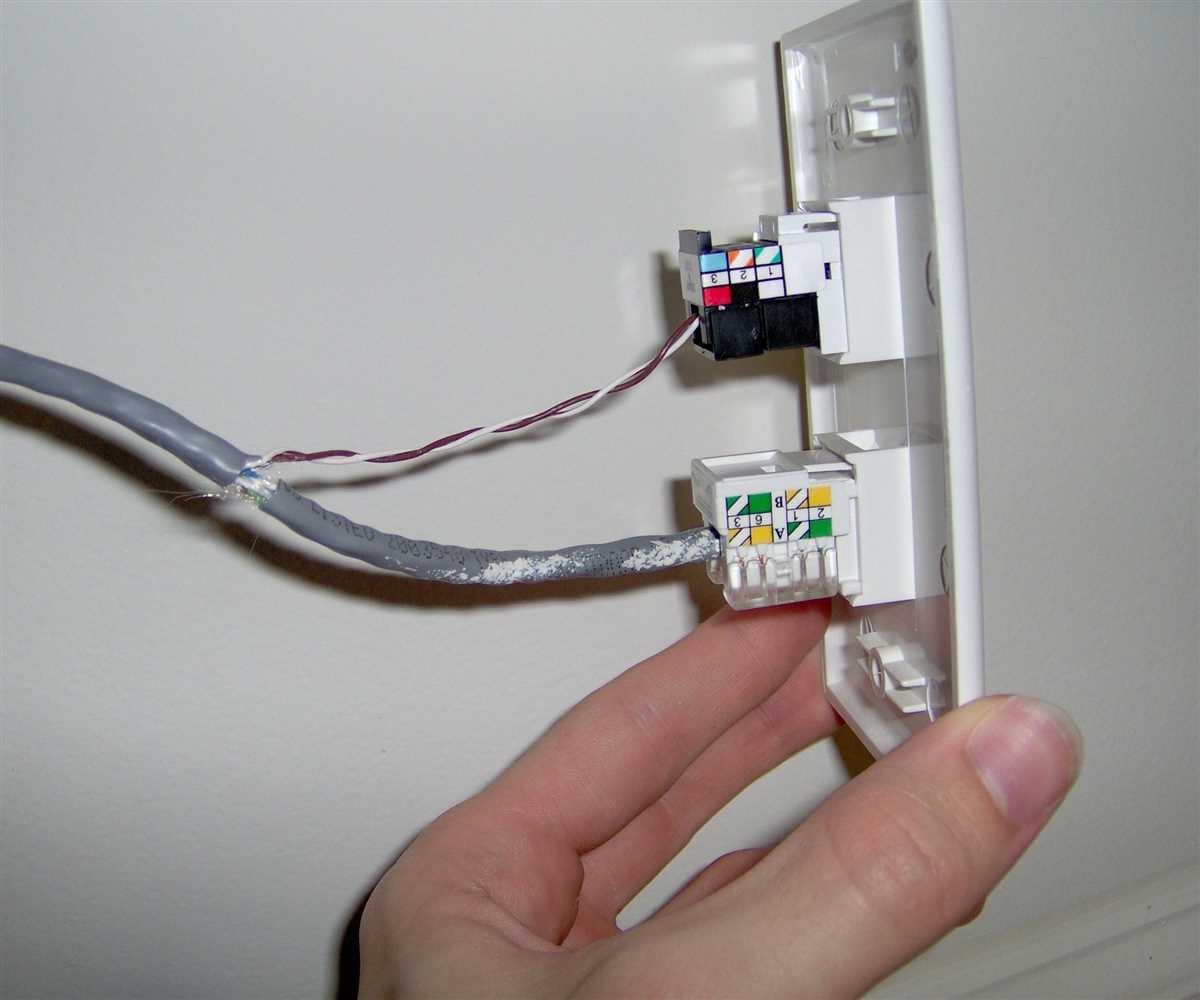
Next, you’ll want to test the signal strength of your cable TV and internet. For cable TV, you can do this by accessing your TV’s signal strength meter. Ideally, the signal strength should be at least 75% or higher for optimal reception. Similarly, for internet connection, you can use an online speed test tool to check your download and upload speeds. If the results are significantly lower than what you’re paying for, there may be an issue with your wiring.
3. Look for Interference
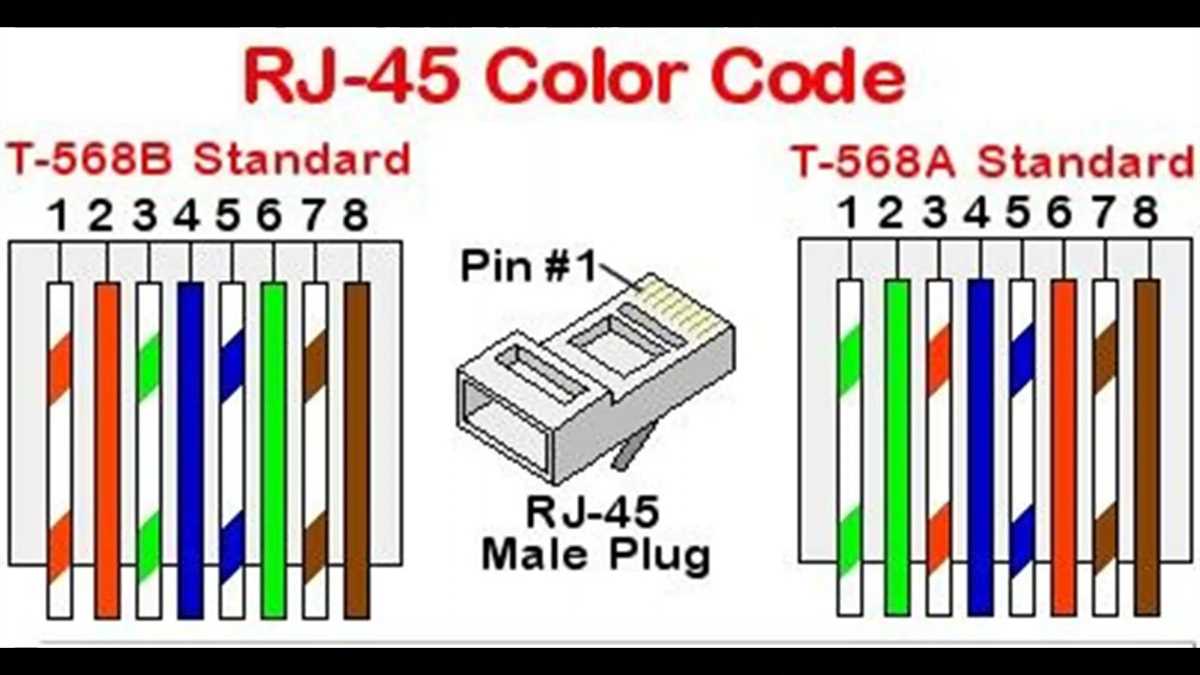
Interference can also be a common cause of cable TV and internet issues. Look for any nearby electronic devices, such as microwaves or cordless phones, that could be causing interference with the signal. Try moving these devices away from your cables and see if it improves the performance. Additionally, check if any new appliances or electrical equipment have been installed near your wiring recently, as they could be causing interference as well.
4. Consider Professional Help
If you’ve gone through the above steps and are still experiencing issues with your cable TV and internet, it may be time to seek professional help. A certified technician can perform advanced tests and diagnostics to identify and fix any underlying problems with your wiring. They have the expertise and tools to ensure proper installation and troubleshooting, saving you time and frustration.
By following these steps, you can effectively test and troubleshoot your cable TV and internet wiring. Remember to check your connections, test for signal strength, look for interference, and seek professional help if needed. With a well-maintained and properly functioning wiring system, you can enjoy reliable and high-speed internet as well as crystal-clear TV channels.
Maintaining and Upgrading Your Cable TV and Internet Wiring
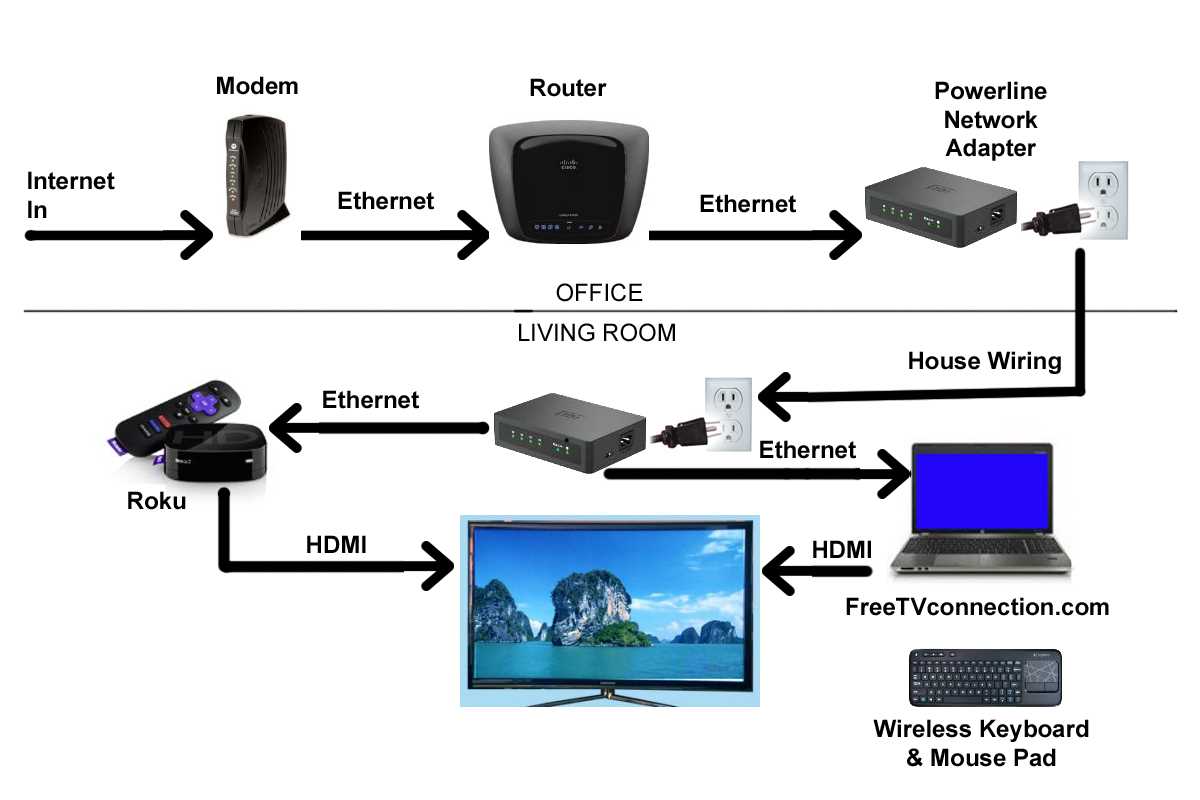
Proper maintenance and regular upgrades are essential for ensuring a reliable and efficient cable TV and internet connection. By following a few simple steps, you can keep your wiring system in excellent condition for years to come.
Regular Inspections
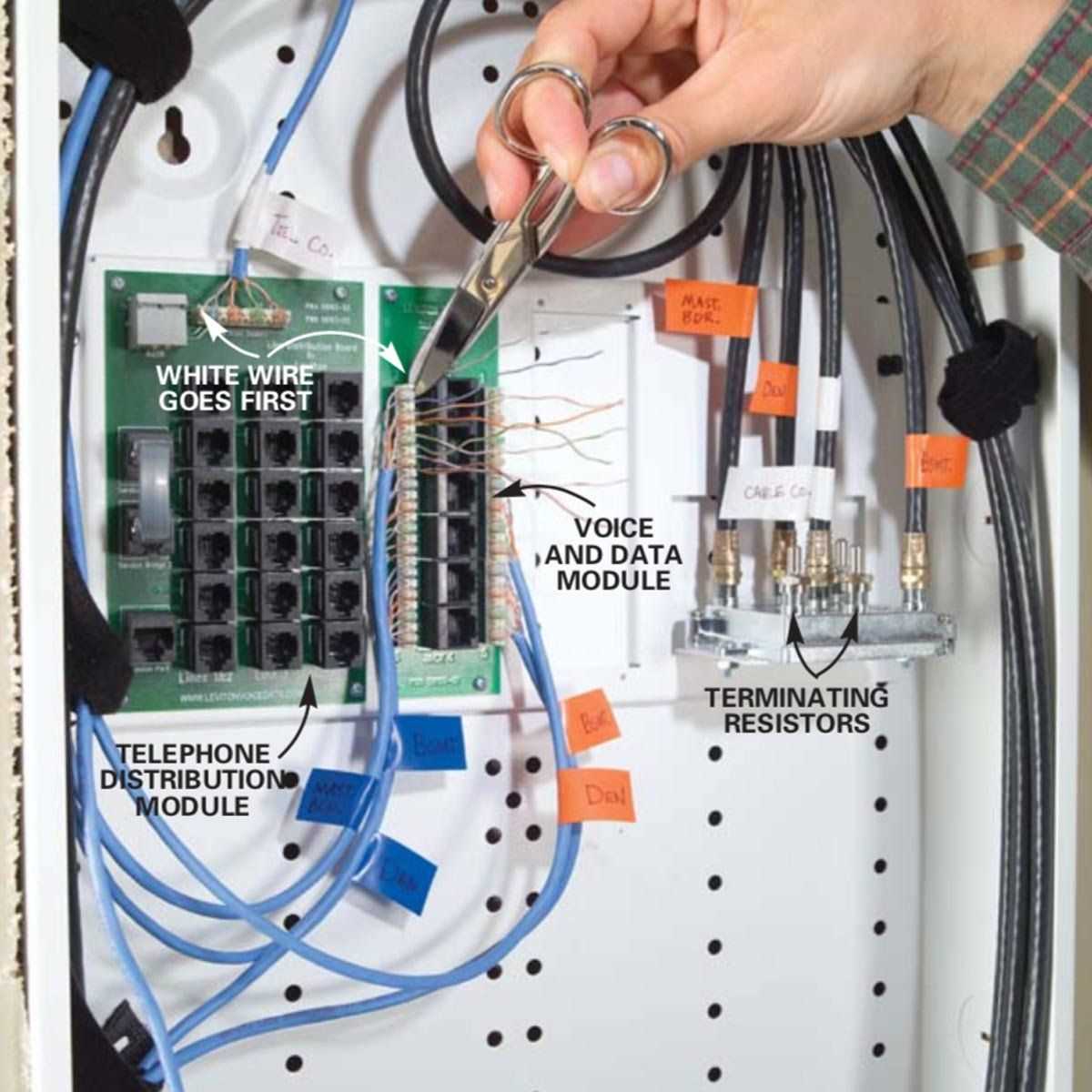
Make it a habit to inspect your cable TV and internet wiring periodically. Look for any signs of wear and tear, such as frayed or damaged cables, loose connections, or outdated components. If you notice any issues, take immediate action to address them before they cause more significant problems. Regular inspections will help you identify and resolve potential issues promptly.
Proper Cable Management
Cable management plays a vital role in maintaining the integrity of your wiring system. Keep your cables organized and ensure they are not tangled or twisted. Use cable ties or clips to secure cables properly and prevent them from being pulled or yanked. Additionally, avoid running cables near heat sources or sharp objects that may damage them.
Upgrading When Necessary
As technology advances, it is essential to keep up with the latest developments in cable TV and internet wiring. If your current wiring system is outdated, consider upgrading to newer and more efficient cables and components. This will ensure that you can take full advantage of the capabilities of modern TV and internet services. Consult with a professional if you are unsure about the best upgrades for your specific needs.
Professional Assistance
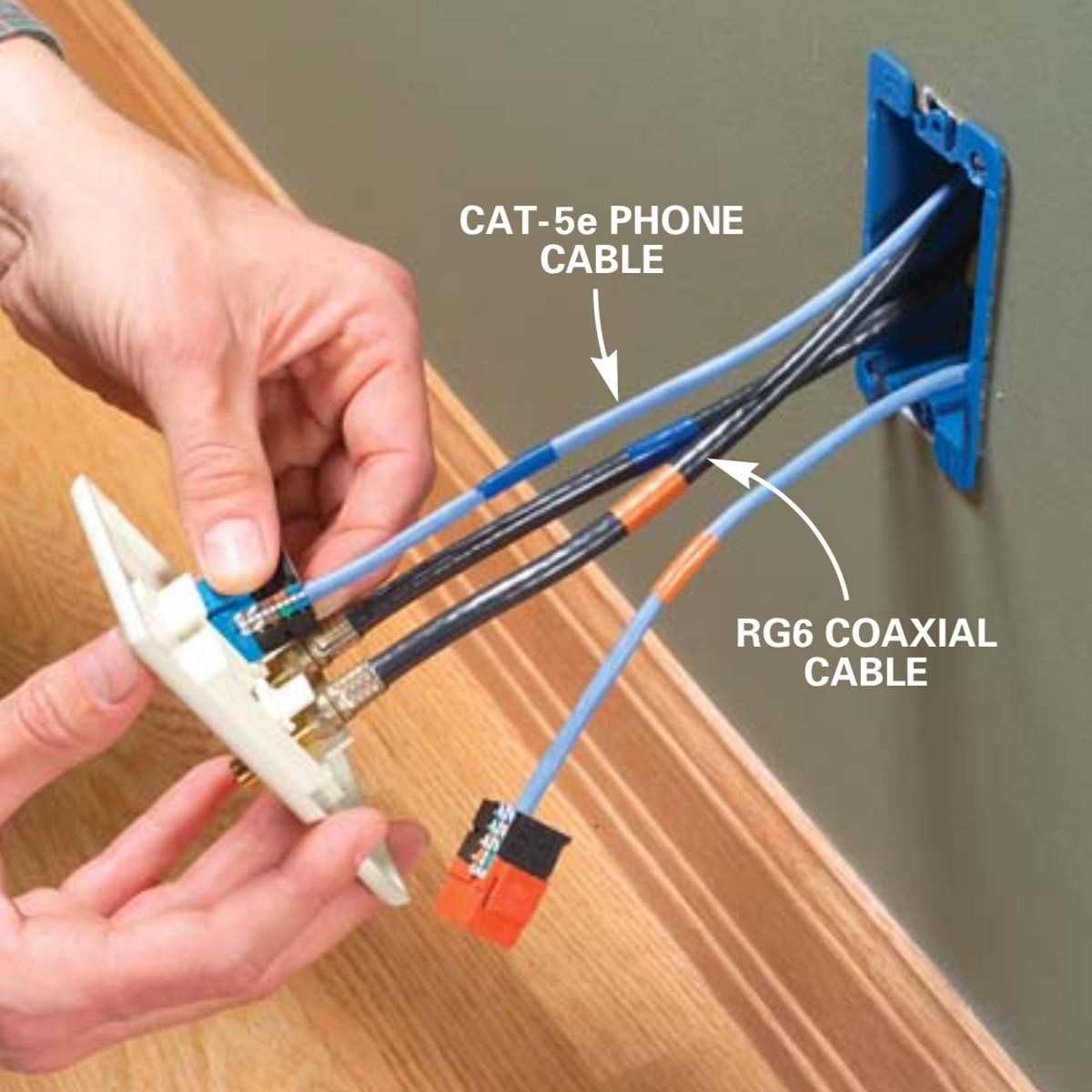
In some cases, it may be necessary to seek professional assistance for maintaining or upgrading your cable TV and internet wiring. If you are not familiar with the technical aspects or if the job requires advanced skills, consult a qualified technician or electrician. They will have the expertise and experience to diagnose potential problems and provide you with the best solutions.
By following these tips and investing in the proper maintenance and upgrades, you can ensure a reliable and efficient cable TV and internet connection for your home or business. Taking care of your wiring system will save you time, money, and frustration in the long run.
Q&A:
What should I do if my cable TV or internet wiring is damaged?
If your cable TV or internet wiring is damaged, you should contact your service provider to report the issue and schedule a repair. It is important not to attempt to fix the wiring yourself, as this can be dangerous and may void any warranties.
How often should I upgrade my cable TV and internet wiring?
The frequency of upgrading your cable TV and internet wiring will depend on various factors such as the age and condition of the existing wiring, technological advancements, and your personal needs. Generally, it is recommended to consider upgrading your wiring every 5 to 10 years to ensure optimal performance and to take advantage of new features and capabilities.
Can I install cable TV and internet wiring myself?
While it is possible to install cable TV and internet wiring yourself, it is recommended to hire a professional technician for the job. Professional technicians have the knowledge, tools, and experience to properly install and wire your cable TV and internet connections, ensuring the best possible performance and minimizing the risk of future issues.
What should I do if I want to add additional cable TV or internet outlets in my home?
If you want to add additional cable TV or internet outlets in your home, it is best to consult with a professional technician. They can assess your existing wiring and provide recommendations on the best approach to add additional outlets. They can also ensure that the new outlets are properly wired and connected to your service provider’s network.
How can I maintain my cable TV and internet wiring?
To maintain your cable TV and internet wiring, you can follow a few simple steps. Keep the wiring and connections clean and free from dust or debris. Avoid bending or kinking the cables, as this can damage them. Regularly check for any visible signs of damage or wear and address them promptly. If you experience any issues with your connection, contact your service provider for assistance.
What are some tips for maintaining cable TV and internet wiring?
Some tips for maintaining cable TV and internet wiring include keeping the wiring away from moisture, regularly checking for loose connections, and using surge protectors to prevent damage from power surges.
How can I upgrade my cable TV and internet wiring?
To upgrade your cable TV and internet wiring, you can consider installing higher quality cables and connectors, upgrading to a higher speed internet plan, and ensuring that your equipment, such as modems and routers, are up to date with the latest technology.